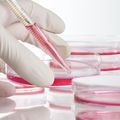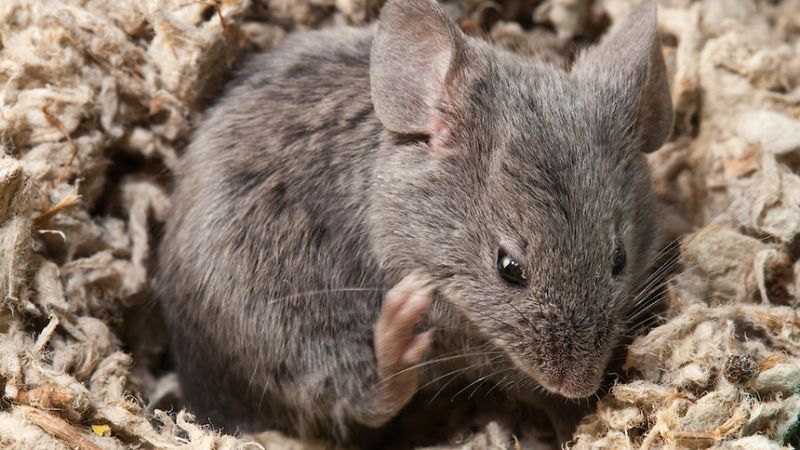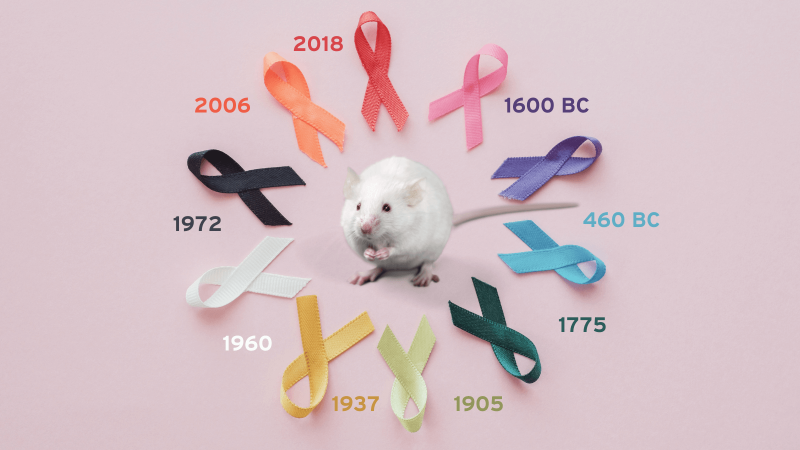Text to go here...
 Scientists have been awarded nearly £1 million to develop new test methods that should substantially reduce the numbers of animals used for testing chemicals which may cause cancer. The UK government funded National Centre for the Replacement, Refinement and Reduction of Animals in Research (NC3Rs) has awarded two grants worth £900,000 to Professor Robert Newbold from Brunel University and Professor Gareth Jenkins from Swansea University.
Scientists have been awarded nearly £1 million to develop new test methods that should substantially reduce the numbers of animals used for testing chemicals which may cause cancer. The UK government funded National Centre for the Replacement, Refinement and Reduction of Animals in Research (NC3Rs) has awarded two grants worth £900,000 to Professor Robert Newbold from Brunel University and Professor Gareth Jenkins from Swansea University.
Testing chemicals used in consumer products for their potential to cause cancer uses large numbers of animals. This can involve up to 800 rodents for each substance, with approximately 12,500 animals used annually in Great Britain.
The current carcinogenicity studies are time-consuming and expensive and are of limited practicality in large scale chemical evaluation programmes such as the EU chemicals regulations called REACH. In addition, animal testing of cosmetic ingredients, which is already banned in the UK, will soon be banned in the EU. That sector still needs alternatives to animals for new ingredient testing.
Rodent cell-based assays for detecting a chemical's potential to damage DNA and/or cause mutations (genotoxicity assays) are already used as part of regulatory carcinogenicity testing strategies. But they have limitations as stand-alone tests because they have a high rate of false positives (where chemicals that do not damage DNA in the body are wrongly classified as potental carcinogens), and this leads to the use of whole animal tests for clarification.
These cell tests also do not detect chemicals that cause cancer in other (non-DNA damage related) ways. Other cell transformation assays based on rodent cells have been proposed, but because the mechanisms are poorly understood they are not currently accepted for regulatory purposes.
Professor Newbold will develop new tests for carcinogenic chemicals based on human cells. The tests will monitor the effects of these chemicals on the two key biochemical processes that normally cause cells to age and die. This cell aging process, known as senescence, is thought to be a major safeguard that protects us against cancer.
Professor Jenkins plans to study how chemicals interrupt the mechanisms by which cells communicate with each other, and to combine this information with data from currently used cell-based assays. This should provide a better prediction of which chemicals are potential carcinogens.
Further information about the NC3Rs can be found at www.nc3rs.org.uk.
Last edited: 29 July 2022 10:46




